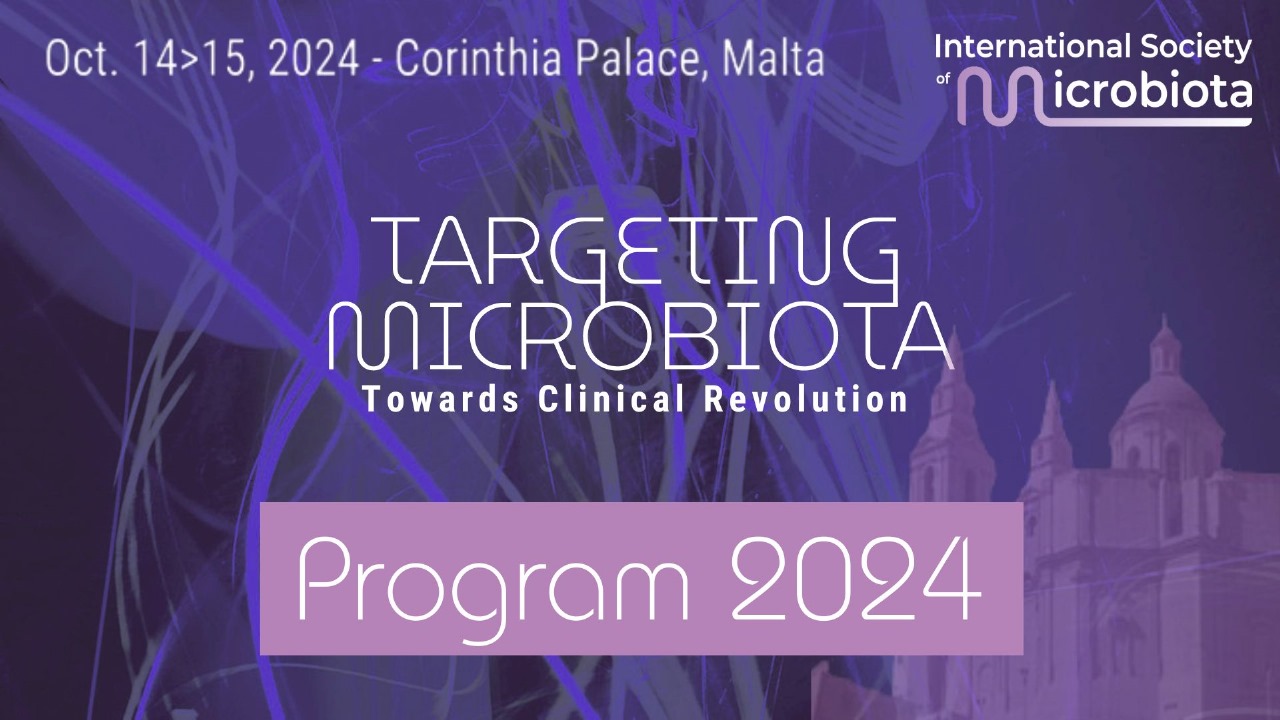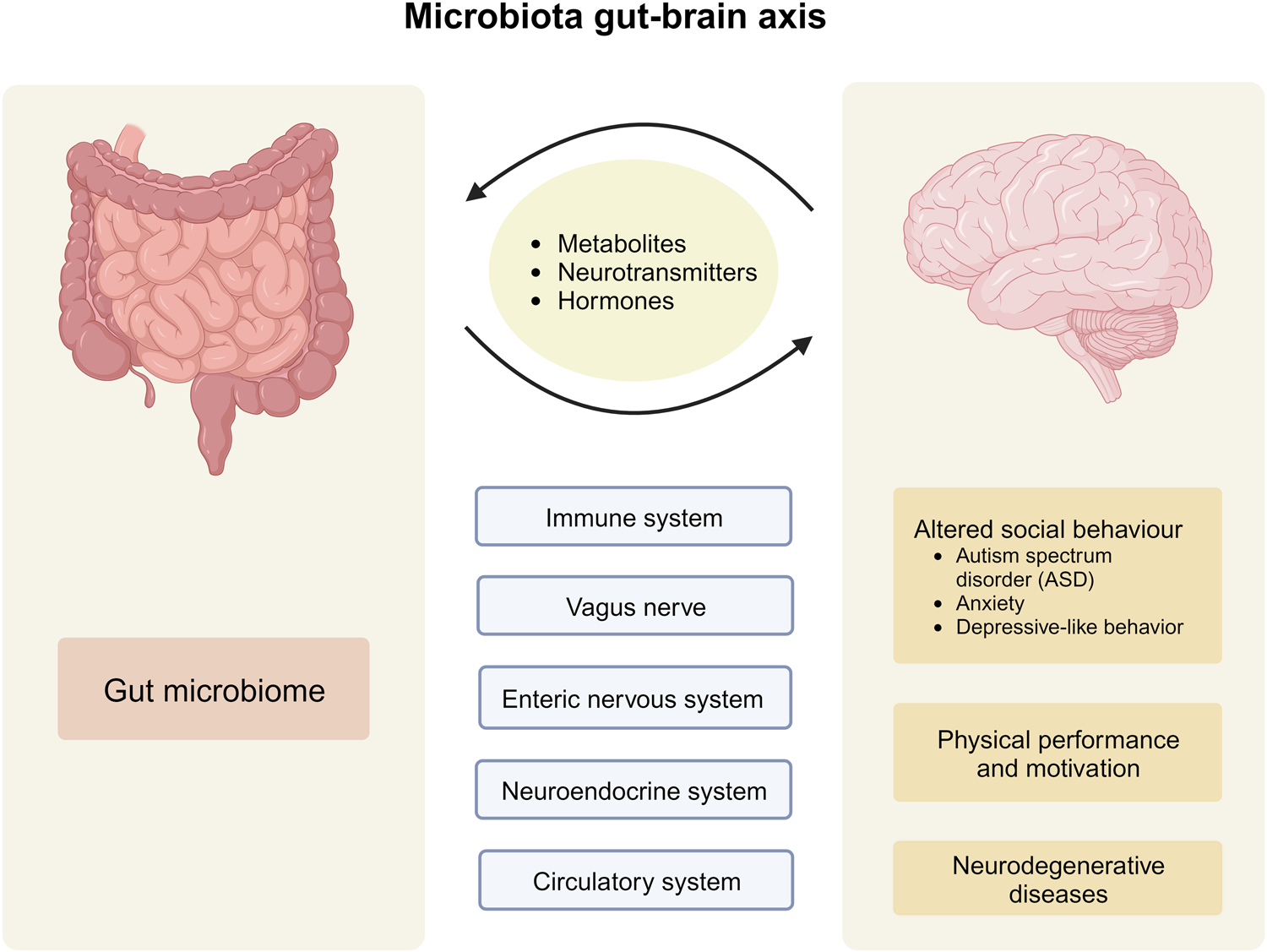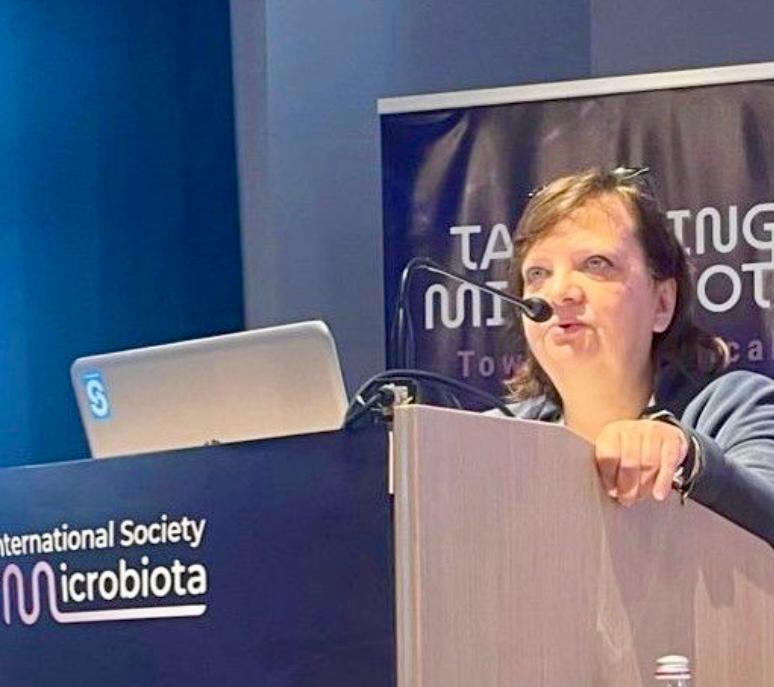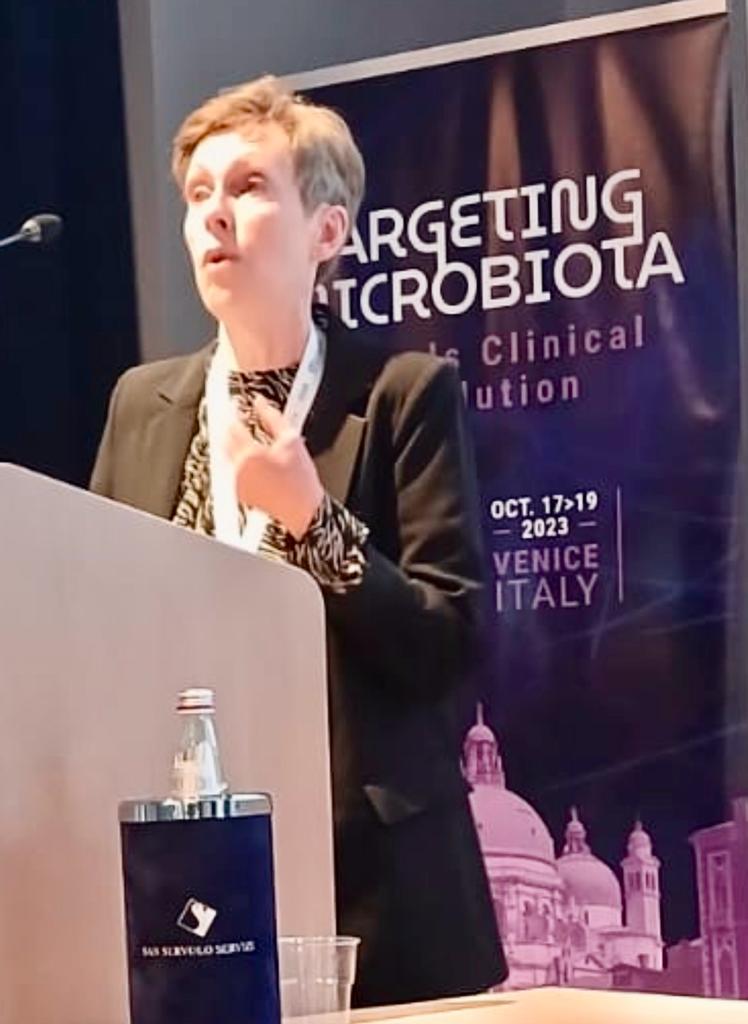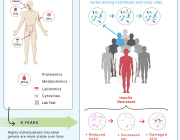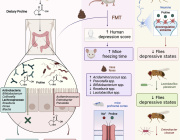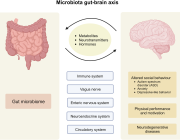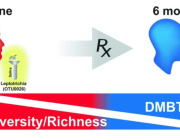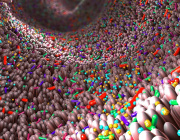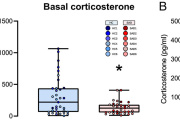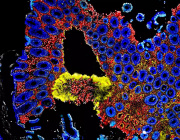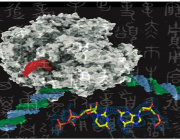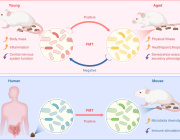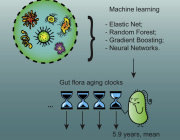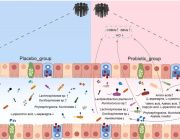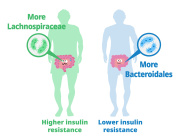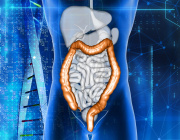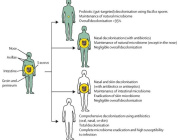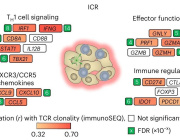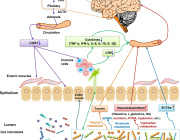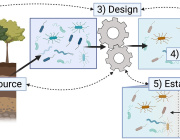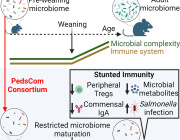The Association Between Gut Microbiome Dysbiosis & Mortality Post Solid Organ Transplantation
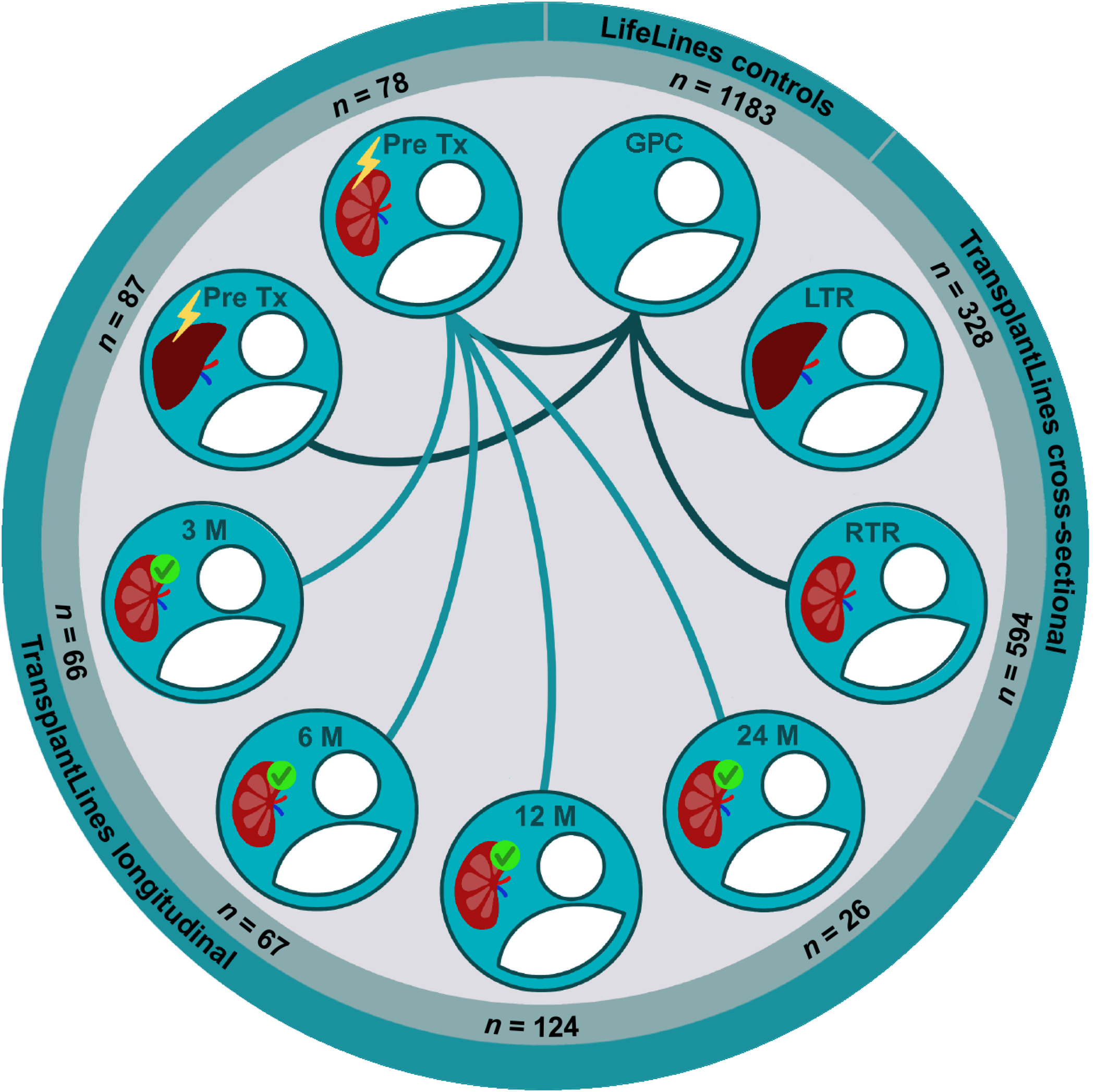
Schematic diagram of the TransplantLines microbiome study.
News Release, International Society of Microbiota – September 2, 2022.
Organ transplantation is a life-saving treatment for patients with end-stage disease, but survival rates after transplantation vary considerably. There is now increasing evidence that the gut microbiome is linked to the survival of patients undergoing hematopoietic cell transplant, yet little is known about the role of the gut microbiome in solid organ transplantation. Reduced gut microbial diversity after allogeneic stem cell transplantation has been associated with decreased survival, but the role of the gut microbiome after solid organ transplantation is not as well studied.
Swarte and colleagues studied dysbiosis of the gut microbiome in a large cohort of individuals with end-stage liver or kidney disease before and after organ transplantation.
- They analyzed 1370 fecal samples from 415 liver and 672 renal transplant recipients using shotgun metagenomic sequencing to assess microbial taxonomy, metabolic pathways, antibiotic resistance genes, and virulence factors.
- To quantify taxonomic and metabolic dysbiosis, they also analyzed 1183 age-, sex-, and body mass index–matched controls from the same population.
- In addition, a subset of 78 renal transplant recipients was followed longitudinally from pretransplantation to 24 months after transplantation.
The obtained data showed that both liver and kidney transplant recipients suffered from gut dysbiosis, including lower microbial diversity, increased abundance of unhealthy microbial species, decreased abundance of important metabolic pathways, and increased prevalence and diversity of antibiotic resistance genes and virulence factors. These changes were found to persist up to 20 years after transplantation.
It was also demonstrated that the use of immunosuppressive drugs was associated with the observed dysbiosis and that the extent of dysbiosis was associated with increased mortality after transplantation.
These results suggest that microbiome-targeted interventions could potentially affect outcomes after solid organ transplantation. This study represents a step toward potential microbiome-targeted interventions that might influence the outcomes of recipients of solid organ transplantation.
© Image - Swarte et al. 2022
Targeting Microbiota 2022 Congress will help you understand better the impact of gut microbiome dysbiosis on human health.
Media contact:
International Society of Microbiota
[email protected]
Targeting Microbiota 2022 Congress
October 19-21, 2022 - Paris, France
www.microbiota-site.com









